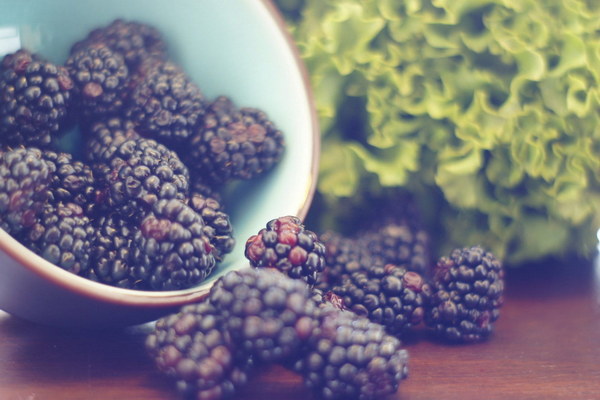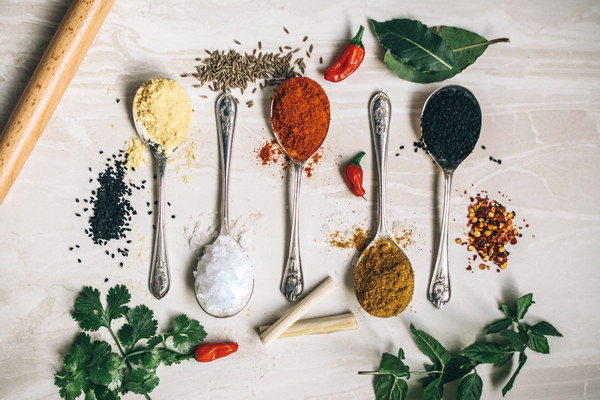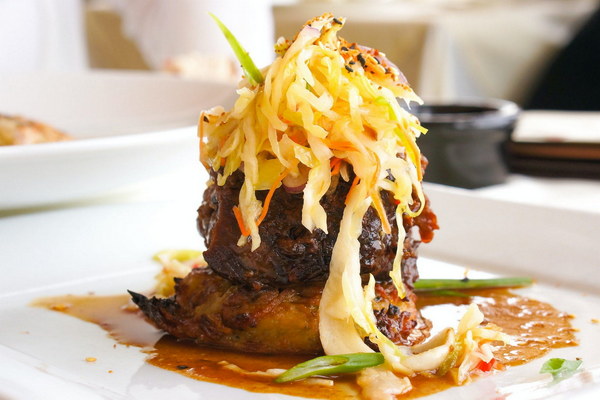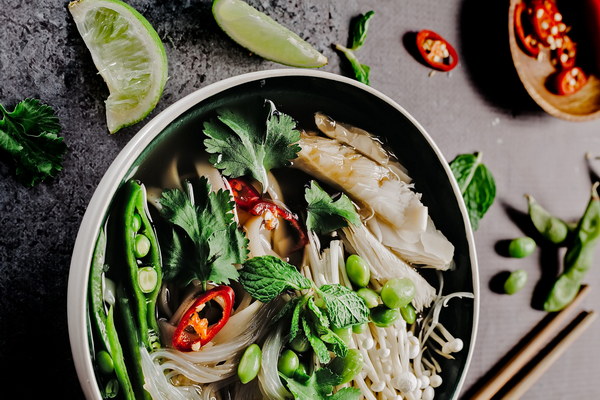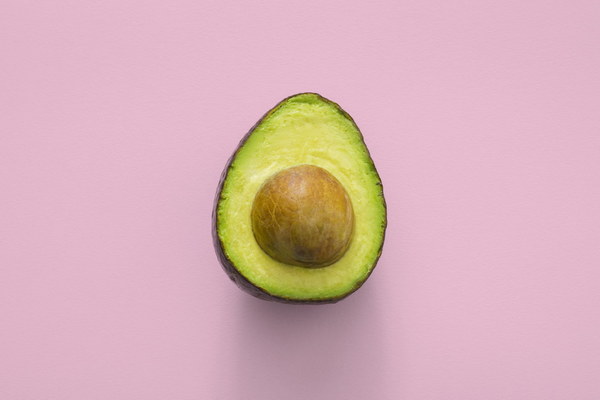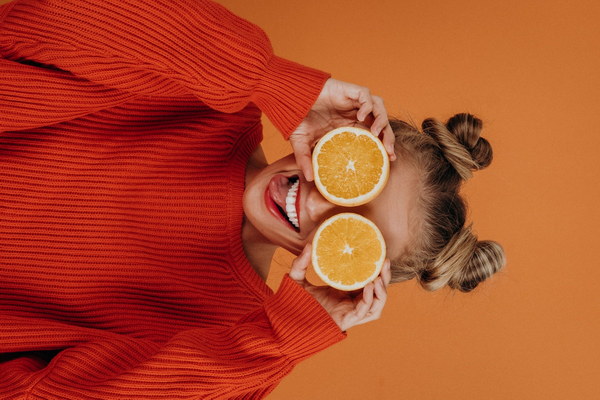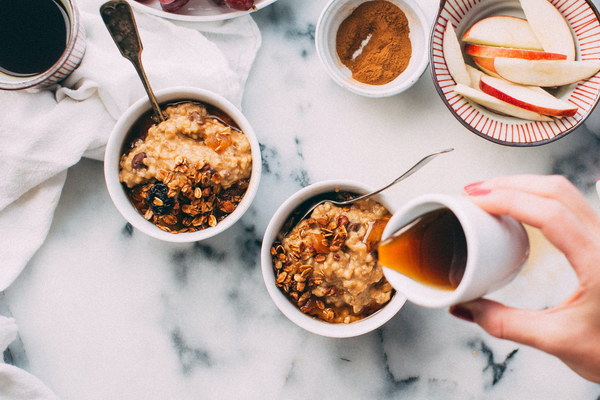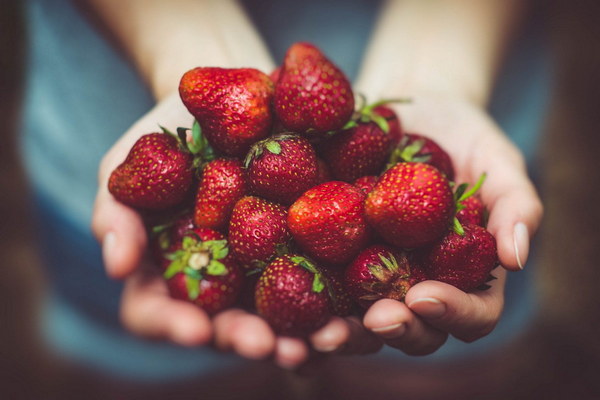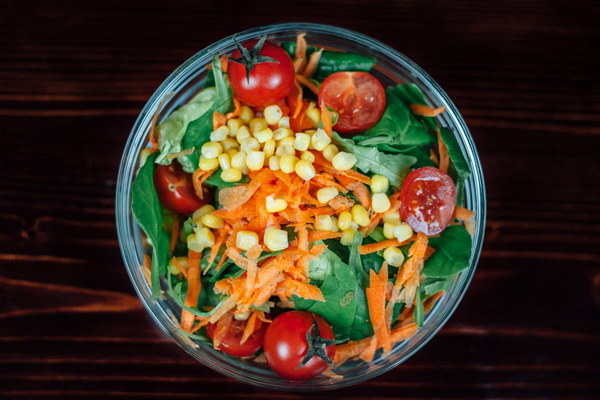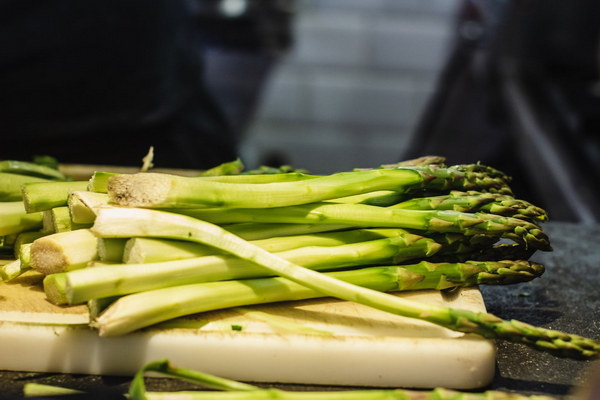The Art of Royal Supplementation How Ancient Emperors Sustained Their Health and Power
In ancient China, the emperors were considered the divine representatives of the people, embodying the harmony between heaven and earth. To maintain their health, power, and longevity, these emperors turned to a unique practice known as royal supplementation. This article delves into the world of ancient emperors and their meticulous approach to health and wellness.
1. The Concept of Royal Supplementation
Royal supplementation was based on the principle that the body could be strengthened and rejuvenated through the consumption of specific foods, herbs, and other substances. This practice was not only reserved for the emperors themselves but also extended to their courtiers, who were expected to maintain a healthy lifestyle to serve their rulers effectively.
2. The Importance of Balance
Ancient Chinese philosophy emphasized the concept of Yin and Yang, which refers to the balance of complementary forces in the universe. Emperors believed that maintaining this balance within their bodies was essential for good health. Therefore, their diets and supplementation routines were designed to incorporate a variety of ingredients that would counterbalance each other and promote harmony.
3. The Ingredients Used in Royal Supplementation
a. Herbs: Emperors often consumed a variety of herbs to support their health. Some of the most popular included:
- Ginseng: Known for its ability to boost the immune system, increase energy, and improve cognitive function.
- Astragalus: A potent adaptogen that helps the body cope with stress and enhances the immune system.
- Goji Berries: Rich in antioxidants, goji berries were believed to promote longevity and improve fertility.
b. Foods: Emperors followed a diet that was rich in nutrients and varied in flavors. Some key elements included:
- Pigeon Eggs: High in protein and considered a symbol of wealth and fertility, pigeon eggs were a staple in the royal diet.
- Turtle Soup: Believed to have rejuvenating properties, turtle soup was a delicacy reserved for the emperors.
- Pomegranates: Known for their high vitamin content, pomegranates were consumed to support cardiovascular health.
c. Other Substances: In addition to herbs and foods, emperors also supplemented their diets with other substances, such as:
- Honey: A natural sweetener that was believed to have healing properties.
- Saffron: An expensive spice that was thought to boost brain function and improve mood.
- Wine: While not a health supplement, wine was often consumed in moderation to aid digestion and promote relaxation.
4. The Role of Traditional Chinese Medicine
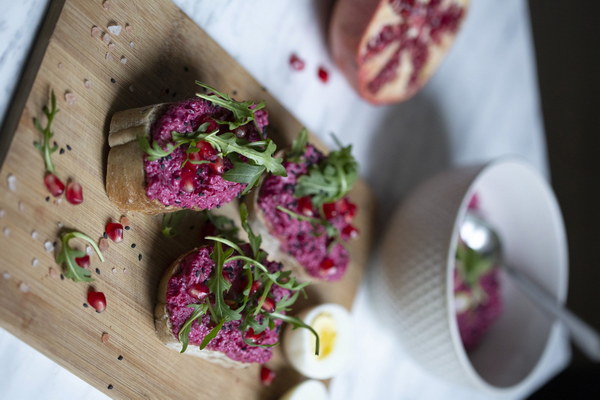
Traditional Chinese Medicine (TCM) played a significant role in the world of royal supplementation. Emperors sought the advice of TCM practitioners to create personalized health plans that would address their specific needs. These practitioners would analyze the emperor's constitution and recommend the most suitable herbs, foods, and other supplements to promote balance and vitality.
5. The Legacy of Royal Supplementation
The practice of royal supplementation has left a lasting legacy in the form of traditional Chinese medicine, which continues to be practiced today. The principles of balance, harmony, and the use of natural ingredients in health and wellness are still highly regarded in modern society.
In conclusion, the ancient emperors of China were pioneers in the field of health and wellness. Their meticulous approach to royal supplementation, which emphasized the importance of balance and the use of natural ingredients, has influenced the development of traditional Chinese medicine and continues to inspire health-conscious individuals worldwide.
